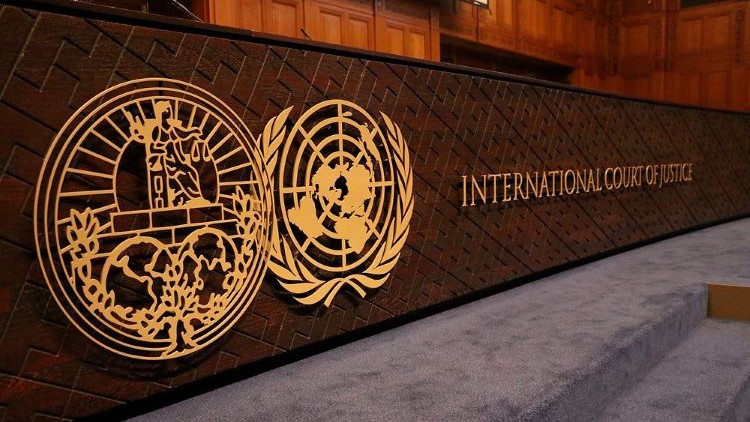Ane Barcos-Aquí Europa
The European Commissioner for Justice, Didier Reynders, has accepted the role of mediator in the renewal process of the General Council of the Judiciary (CGPJ) and has summoned the Minister of the Presidency and Justice, Félix Bolaños, and the deputy secretary of the PP, Esteban González Pons, for a first meeting in Brussels on January 31 in Brussels.
In the letter sent to Bolaños and Esteban González to inform them of the decision, Reynders assures them that he is “available to engage” in the “structured dialogue” to resolve the delay in the renewal of the judicial power and guarantee the implementation of the recommendation of the Commission on this issue. Likewise, he warns them that the mediation cannot exceed two months.
The proposal to request mediation from the European Commission was presented by the president of the PP, Alberto Núñez Feijóo, during his last meeting in the Congress with the president of the Government, Pedro Sánchez.
In statements in Brussels, on the occasion of the informal meeting of Ministers of Justice and Interior, Bolaños assured yesterday that the Spanish Government “wants to work from now on” with the European Commission and also with the Popular Party to end the “mess” that is causing a blockage to the renewal of the Council. The behavior of the PP, he stated, is “contrary to the Constitution and contrary to the law” and is “causing harm to citizens in delays and costs in the public service of justice.”
Bolaños also clarified that on Thursday he had the opportunity to have “a relaxed conversation” with Commissioner Reynders during the cultural visit to the Museum of Fine Arts in Brussels, in which they addressed the renewal of the Council. “Obviously I was asking him, and he told me that he believes that we will soon have an answer from the Commission, what role the European Commission wants to play in this negotiation, and what is clear is that the European Commission is very concerned about the blockage of the Popular Party to the renewal of the General Council of the Judiciary,” the minister explained to the press.
“Here we find a part, which is the Socialist Party, that has made its greatest efforts for five years to renew the Council,” declared Bolaños. “We have reached three agreements and at the last moment the Popular Party has not withstood the pressure and has not been able to sign them,” he lamented. Finally, he assured that during the conversations with the European Commissioner for Justice there was “not a word of Amnesty” and reiterated that the Commission’s concern is the non-renewal of the Council due to the blockade of the Popular Party.
For his part, Reynders also declared to the press in Brussels that “the answer is always the same: the application of the recommendations of the report on the rule of law.” “As you know, for several years we have been asking for progress in this application through the composition of the Judicial Power Council and then the reform of this Council,” he continued. “It is too early to say more, the most important thing now is to reiterate the need to apply the recommendations,” added the commissioner, who expressed his hope that “all political actors in Spain want to move in this direction” because “they are above all “These political forces must commit to applying the recommendations.”
Commission Reports
In its reports on the Rule of Law relating to Spain for the years 2022 and 2023, the Commission recommended “the renewal of the General Council of the Judiciary as a priority” and the start, “immediately after the renewal, of a process with a view to to adapt the appointment of its judge-members, taking into account the European standards relating to the Councils of the Judiciary.”
Since 2018, it has not been possible to reach an agreement on the renewal of the Council of the Judiciary, which is causing serious problems for the administration of justice in Spain. Since the term of the Council of the Judiciary expired five years ago, its members have served for two consecutive terms. Furthermore, the lack of renewal of the Council of the Judiciary is negatively affecting the work of the Supreme Court and the judicial system as a whole.
The last attempt to reach an agreement between the two main political parties failed in October 2022. Currently, the two main political parties appear willing to re-enter negotiations and both have agreed to have the Commission monitor the process. To this end, Commissioner Reynders will maintain a structured dialogue on the implementation of the recommendation of the 2022 and 2023 reports on the Rule of Law in Spain.
According to article 122 (3) of the Spanish Constitution, the General Council of the Judiciary is formed by the president of the Supreme Court (who presides over it) and 20 members: twelve judges or magistrates and eight lawyers or jurists of recognized prestige with more fifteen years of professional practice. Parliament is competent to appoint all its members, with a qualified majority of three-fifths.







